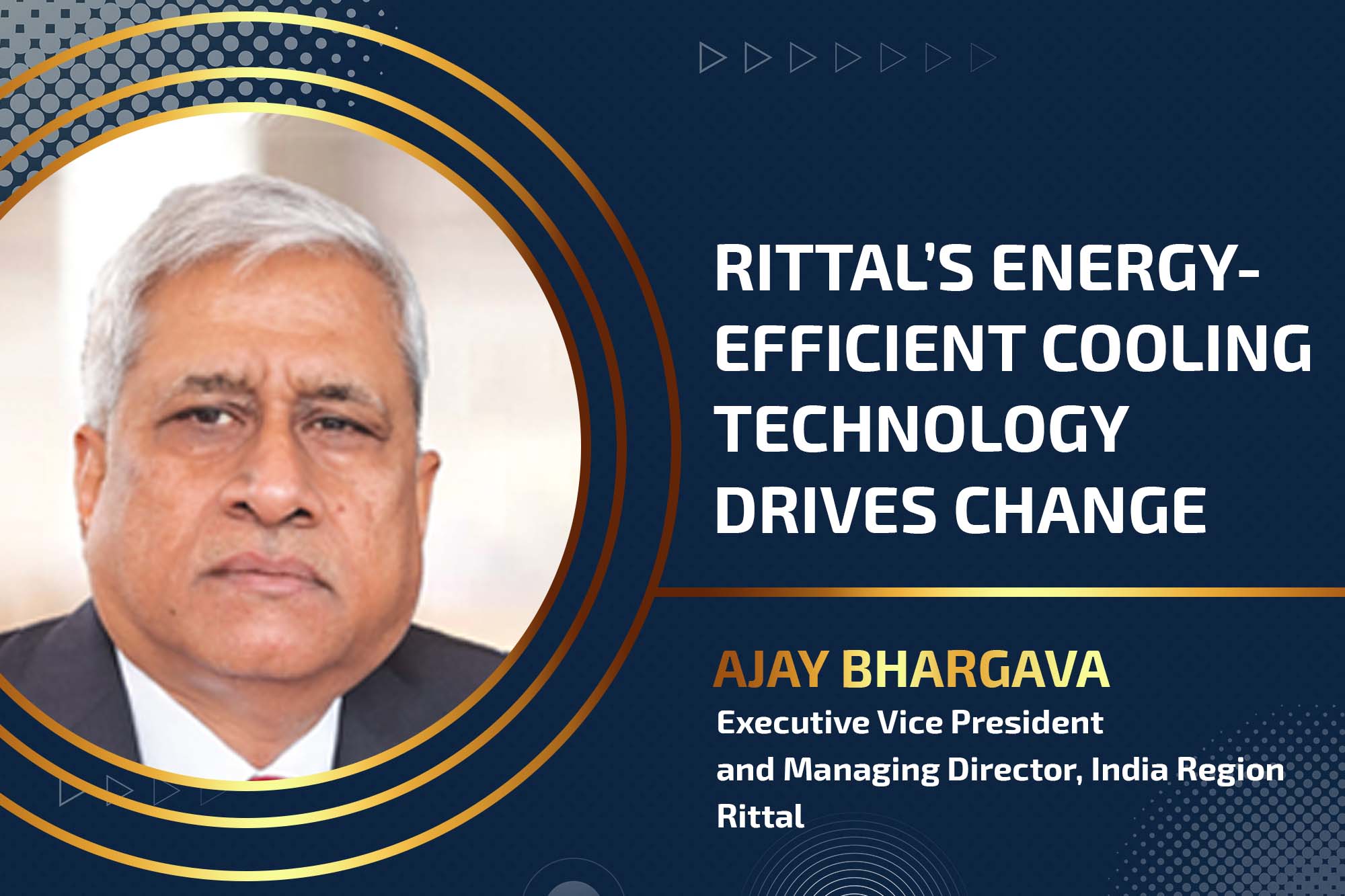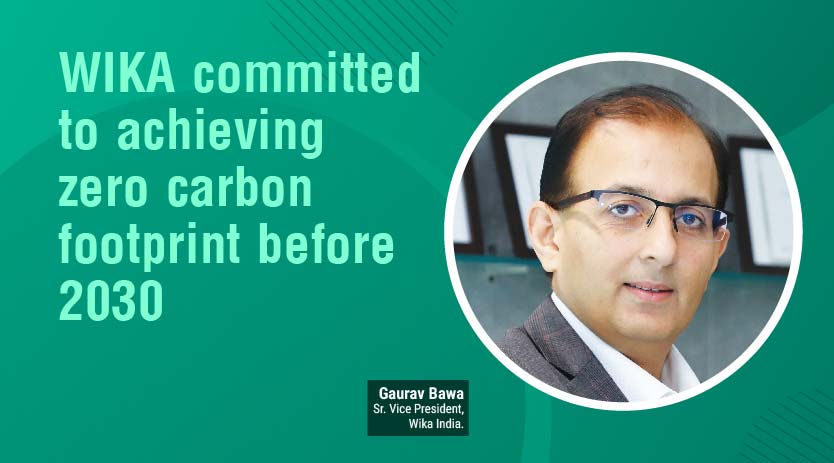Understanding Go-To-Market strategies for market entry
November 1, 2023 1:52 pm
Pranjal Mathur, Research Manager, DataM Intelligence, explores the significance of Go-To-Market strategies in market entry, stating that it involves several key elements, enabling an organisation to establish a strong presence for their product globally.
Please talk about DataM Intelligence.
In 2017, two passionate visionaries embarked on a journey fuelled by their unwavering belief and determination. They ventured into the realm of market research, creating and selling customised reports as a modest team. Taking on various roles, from researchers and marketers to salespeople and content creators, they gave birth to DataM Intelligence.
What initially started as an idea has now become a dominant market research force. Challenges that once seemed impossible became notable achievements as they attracted a loyal client base seeking expert guidance. Over these six years, the duo effectively converted uncertainties into solutions, proving their capabilities. It is crucial to emphasise the pivotal role played by their clients, who placed their trust in newcomers like them. This trust ignited DataM Intelligence’s rise in the market research industry. This story is a testament to the values of hard work, loyalty, and an unwavering commitment to delivering excellence, all encapsulated in the heartwarming saga of DataM Intelligence’s remarkable growth.
Please discuss about what is Go-To-Market (GTM).
GTM is a market entry strategy required to capitalise on the market at launch in any region and industry. A successful GTM strategy involves several key elements that enable an organisation to establish a strong presence for its product. These elements include considerations related to the target market, the intended customer base, brand positioning, product offerings, sales channels, budget planning, and marketing strategy.
A robust GTM strategy is indispensable because a company can only sustain itself with adequate research and a well-thought-out approach. In India, according to NASSCOM, a staggering 99% of startups fail annually due to the absence of thorough market research and a GTM plan. Many entrepreneurs are reluctant to invest in market research in India, leading to the downfall of their businesses due to a lack of understanding of ground realities.
New companies and existing ones in the market require a GTM strategy when introducing a new product to capitalise on opportunities and thrive in the business ecosystem. For instance, launching a new car model without a GTM strategy can result in significant failures and substantial financial losses for automotive manufacturers.
What role do advanced analytics and AI play in staying at the forefront of industry trends and market opportunities?DataM Intelligence stands out in the highly competitive market research and consulting sector through its commitment to precision, customisation, and innovation. With an experienced team of analysts, we deliver accurate and actionable insights tailored to each client’s specific needs. Our global outlook, enhanced by advanced analytics and AI, allows us to uncover emerging industry trends and market opportunities on a global scale.
Furthermore, our team’s dedication to ethical standards ensures client confidentiality and fosters trust. Notably, DataM Intelligence excels in developing go-to-market strategies creating effective plans for businesses aiming to enter new markets or expand their existing presence. We take pride in facilitating many companies’ direct entry into their desired industries. This expertise, combined with our team’s personalised approach and technological proficiency, positions DataM Intelligence as the preferred choice for clients, establishing us as leaders in the industry.
How does DataM Intelligence plan to continue delivering on its commitment to precision, customisation, and innovation in the competitive market research and consulting?
Government initiatives such as “Make in India” and the “Automotive Mission Plan 2026” aim to enhance the automotive sector and contribute 12 percent to India’s GDP by 2026. This has led to a significant transformation in manufacturing, marked by the establishment of numerous new companies each year. Furthermore, with various schemes facilitating the establishment of new factories across various sectors and a robust foreign direct investment (FDI) infrastructure, the manufacturing industry is experiencing substantial growth.
Starting from January 2022, India’s Manufacturing PMI has consistently remained above 50, and on occasions like August 2023 and May 2023, it even surpassed 58, underscoring the strength and expansion of India’s manufacturing capabilities. In contrast, China’s Manufacturing PMI fell below 50 for 13 out of 21 months between January 2022 and September 2023, and it did not exceed 52 in any month since January 2022.
Manufacturing is becoming the bedrock of India’s economy. India already holds the status of being the world’s largest manufacturer of packaging and plastics. It ranks among the top three nations globally in textiles, processed food, construction products, automobiles, and other industries. The “C+1” (China +1) concept positions India to benefit significantly, particularly in the automotive industry, where companies like Mercedes and BMW have already established manufacturing facilities in the country. Additionally, Tesla, Kia, and MG have plans to set up their factories in India, further propelling the growth of the manufacturing sector in the nation.
Cookie Consent
We use cookies to personalize your experience. By continuing to visit this website you agree to our Terms & Conditions, Privacy Policy and Cookie Policy.

















